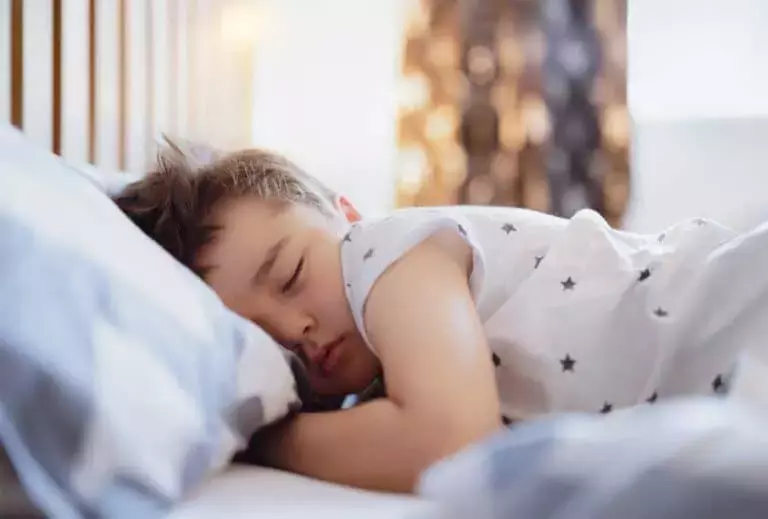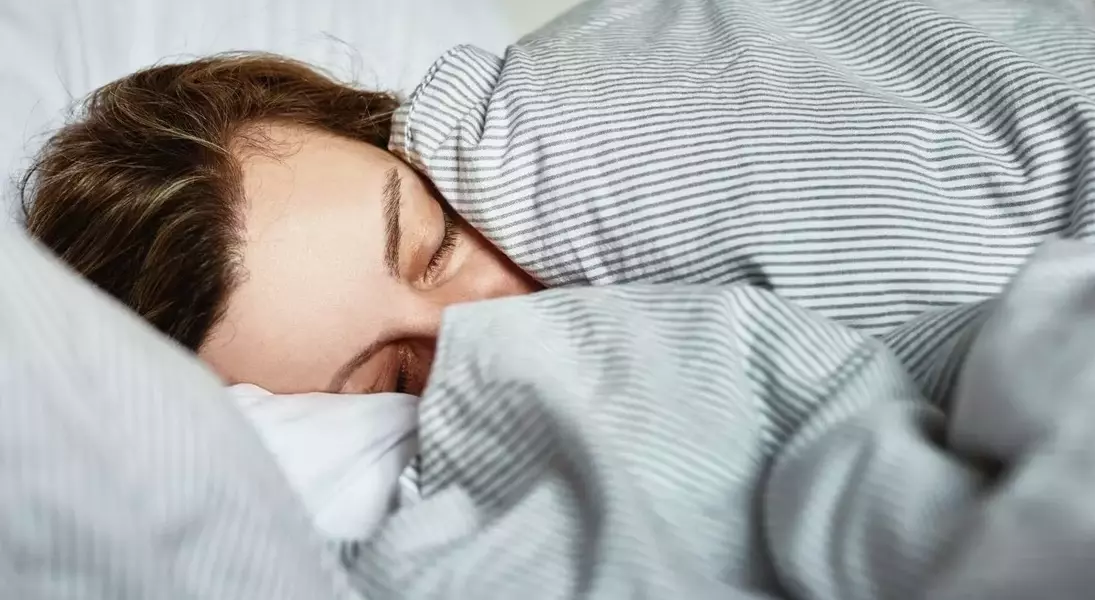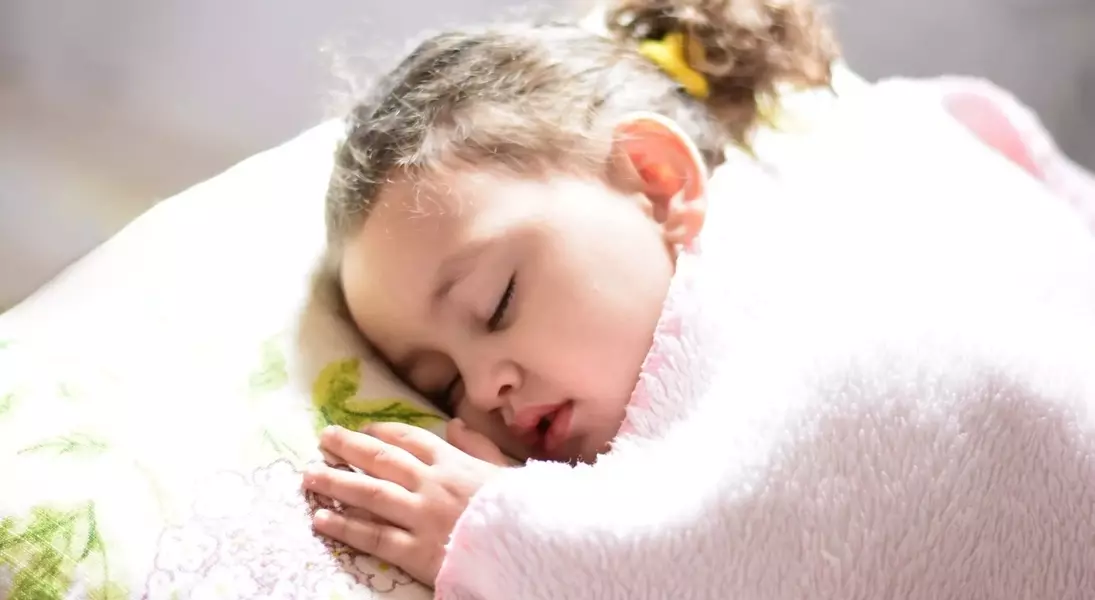



































As the use of melatonin for children has significantly increased, with nearly one in five school-aged children and preteens now taking it for sleep, many parents find themselves contemplating its use. Dr. Jessica Klein, a pediatrician, urges parents to proceed with caution and gather all necessary information before administering melatonin to their children, highlighting that its use is more complex than it might appear and it's not a miraculous solution for sleep difficulties.
Understanding the underlying causes of children's sleep challenges is crucial. Dr. Klein points to common culprits such as late bedtimes, excessive screen time, and overly busy schedules, all contributing to overstimulation and insufficient rest for children and their parents. She stresses that enhancing sleep hygiene, including consistent bedtime routines, screen-free periods before bed, and calming pre-sleep activities, should be the primary approach to address sleep issues. Melatonin, a naturally occurring hormone that regulates sleep, is produced in higher quantities and metabolized faster in children than in adults. While supplementation can be beneficial for children with conditions like autism or ADHD who may have delayed or reduced melatonin production, it's vital to start with a low dose (e.g., 1mg) and maintain consistency, avoiding the misconception that a higher dose is better. Moreover, the lack of FDA regulation for melatonin supplements means parents must diligently check labels for third-party testing, manufacturing oversight, and the absence of added sugars, treating these supplements with the same care as prescription medications by keeping them secure and out of children's reach due to the alarming rise in accidental ingestions.
Despite the apparent short-term safety of melatonin, its long-term effects on children remain largely unexplored, prompting the American Academy of Pediatrics to call for more research. While minor side effects like headaches, nightmares, and mood changes can occur and typically resolve upon discontinuation, the potential impact on puberty-related hormones, as suggested by some animal studies, introduces a significant unknown. Therefore, melatonin should be viewed as a temporary aid, not a permanent solution or a substitute for healthy sleep habits, and its use, especially for children aged two and above, should always be discussed with a pediatrician. For persistent sleep problems unresponsive to behavioral interventions, consulting a sleep specialist is recommended to rule out underlying medical conditions such as sleep apnea or anxiety. Ultimately, parental guidance, cautious use, and professional medical advice are paramount when considering melatonin for children's sleep, ensuring informed decisions are made in the best interest of the child's well-being.
In the complex landscape of pediatric sleep, where many parents are seeking effective solutions, the prudent path involves prioritizing robust sleep hygiene practices. When considering melatonin, it is essential to engage in thoughtful dialogue with healthcare professionals and exercise diligence in selecting high-quality supplements. This approach fosters a foundation of healthy sleep habits that not only addresses immediate concerns but also supports long-term well-being, reflecting a commitment to informed and responsible parenting.
